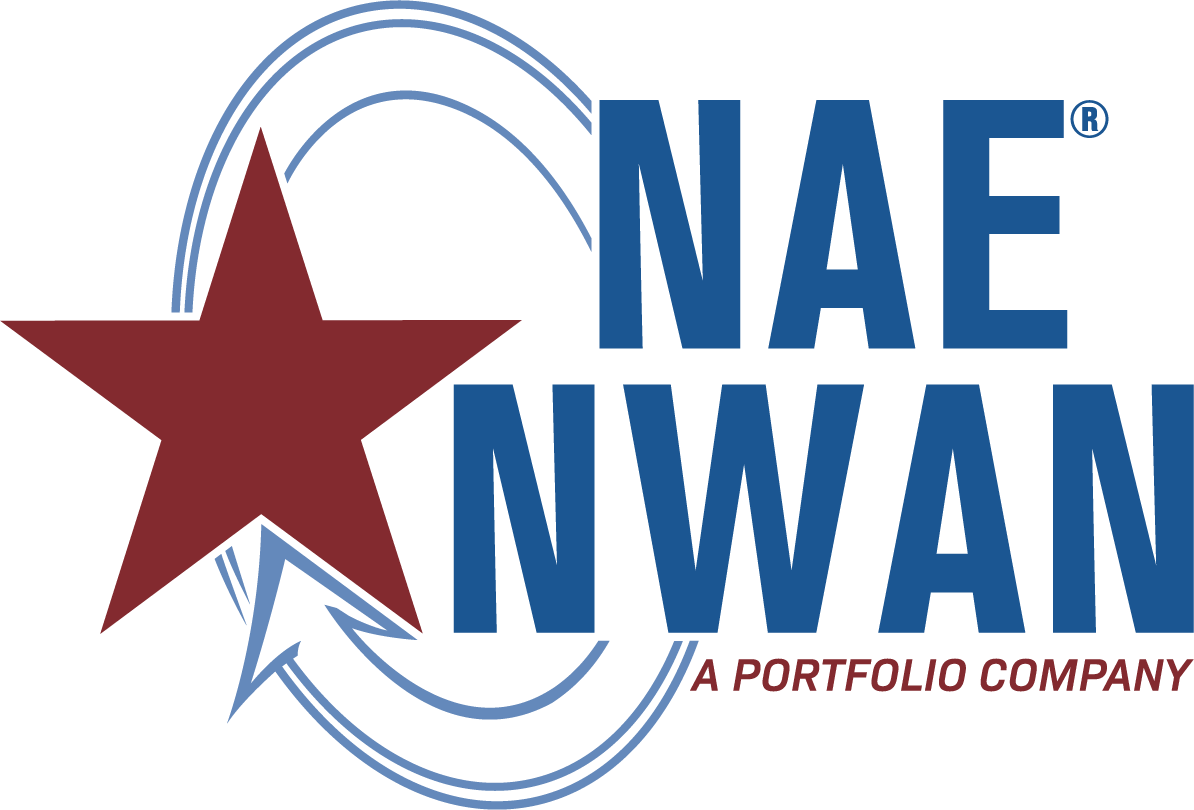Understanding Used-Boat Surveys
Get the Most out of Your Pre-purchase Survey
July 1, 2015
So, after months of searching, and perhaps years of planning, you have finally found a boat that you like. Now you’re just a few steps away from owning it. But before you go ahead and sign a purchase agreement in a rush to get sailing, there are a few tasks remaining that are extremely critical for you to complete.
There are many intricate details that go into buying a used boat, chief among them a pre-purchase survey. Marine Survey 101, an article written by a marine surveyor, covers various used-boat survey findings in depth and thoroughly illustrates their importance. But if you’re still asking, “Why do I need a survey?” the answer is that you don’t need it. It’s not an absolute requirement of the purchase process. But here are a few points you need to consider before you decide to forgo it.
- In the absence of an expert’s assessment, what is your assurance, as the buyer, of the vessel’s true condition?
- If you are a long-term owner-operator, you may have years of boating experience. But do you understand the electrical, mechanical and structural intricacies of a boat well enough to forgo a survey? An investment of thousands of dollars would rely on your sole judgement.
- If you’re a first-time buyer, it is very likely that you won’t know much about vessels, possibly even the most basic technical facts. If that’s the case, then on what basis are you making your purchase decision?
- How are you going to calculate a fair market value of the vessel, which you will need for further legal paperwork? There are resources available to private buyers that you can use to estimate trade-in value or to get a used-boat valuation, but you’ll then need to find insurance and finance companies willing to accept your valuation.
- How will you get insurance and raise a mortgage without a survey report, which providers usually require?
While it’s possible to skip the survey, it should be clear that smart buyers rely heavily on surveys to make informed decisions and facilitate the purchase process. Now that you probably realize that you do want to have the vessel surveyed before you buy it, and rightly so, prepare yourself for the process.
The objective of a pre-purchase survey is to obtain as much information as possible about the boat’s condition. Here, the surveyor’s role will be key. So, first and foremost, find a qualified surveyor to do your pre-purchase survey. When hiring a surveyor, let common sense prevail! Where a broker is involved, don’t use any surveyor he or she may recommend. Brokers get a commission from the seller, so above all they want the purchase to go through. Don’t be surprised if a surveyor recommended by the broker very quickly furnishes the survey report and overlooks some critical issues that you may discover later.
Going back to the pre-purchase survey, you can expect it to reveal vital information about every aspect of the vessel. This includes the hull superstructure, the engine, electrical systems on board and even cosmetic bits. Having said that, the surveyor will, of course, be more concerned about critical issues such as fiberglass and wood condition, deck cracks, plumbing and gas leaks, wiring defects and the condition of the engine and fuel systems rather than the upholstery, kettles and wine coolers.
Broadly, the boat would undergo three different types of examinations.
- Out-of-water hull inspection. The surveyor examines the underbody, propeller, shaft, rudder and other parts that remain submerged.
- Above-the-waterline static inspection. The surveyor examines the engine, fuel, electrical and gas systems; the fresh, grey and black water systems; and the decks, through-hull and motor-mounts among other systems.
- Open water sea trial. The surveyor tests the boat’s maneuverability, steering, stability, stress-endurance, engine performance, speed and other technical aspects.
Engine inspection may or may not be included in the pre-purchase survey. Some surveyors include a broad engine check, which may also include engine compression testing, especially on outboard gasoline engines. Basic engine inspection may also be included on single diesel-engine boats. However, for larger vessels, especially older ones, a dedicated, full diesel-engine survey is recommended. Diesel engines are more complex than gasoline engines and up to four times as expensive to repair. How long a diesel survey will take depends on a variety factors, mainly the age, size and condition of the vessel.
The survey report is the final conclusive document that the surveyor will produce listing his findings and recommendations, if any. Since you have paid for the service and gone through the entire procedure, make sure you wait until you receive the final report before proceeding. The whole purpose of a pre-purchase survey is to get as much information about the vessel as possible to aid you in your buying decision, so even if you think you know what the report will contain, do not make your decision until you have the complete, detailed findings.
Now that you have a good overview of the survey process, here’s what you can expect regarding the timing and logistics of a survey.
- The survey should ideally be scheduled 1–2 weeks in advance.
- The buyer will pay for the survey.
- If there is no broker involved, the buyer is expected to make all necessary arrangements for the surveyor, for example logistics, haul out, captain (for a sea trial), etc.
- The survey can take anywhere from 3–4 hours to a full day to complete.
- The surveyor typically takes 1–2 days to produce a detailed survey report.
And here’s what you shouldn’t expect.
- The surveyor won’t help you negotiate the price or directly advise you to buy or not buy the boat.
- The surveyor won’t be able to execute his survey if the boat is unclean or has gear and other personal items lying around on board.
- The surveyor won’t be able to survey the vessel if the engine breaks down, the batteries don’t work or other basic systems that are necessary for him to perform the survey are faulty.
- The survey cannot be executed if weather conditions are unfavorable.
With your survey in place, you should finally be ready to close the deal on that boat you’ve got your eye on. Good luck!
Check out www.vesselwise.com to learn how you can get the most out of your boat survey.
































